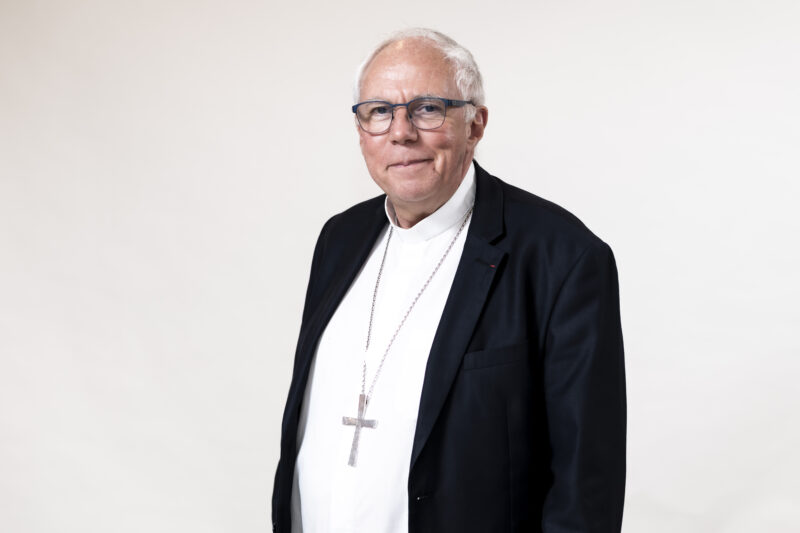On 4 March last, Archbishop Antoine Hérouard, Archbishop of Dijon and Vice-President of COMECE, shared his concerns about the recent inclusion of the voluntary interruption of pregnancy (abortion) in the French Constitution. Following a parliamentary vote, a constitutional amendment inserted a paragraph related to this issue into Article 34 of the Constitution worded as follows: “The law shall determine the conditions under which the freedom of the woman, which is guaranteed to her, to have recourse to the voluntary interruption of pregnancy is exercised.”
In an interview with AgenSir magazine, Archbishop Hérouard stated, “what we see today in European societies is an almost infinite demand for individual rights aimed at ensuring personal freedoms, […] yet without considering the social and collective dimensions of these actions and their consequences on others. He continued, “you lose the sense of the value of life. And it gets lost when, for certain situations and for some people, it becomes a problem. But life is not a problem. It is death and the denial of life that create a problem. We must therefore help life to grow, to be welcomed and accompanied.”
Archbishop Hérouard concluded, “if we claim, for example, the possibility of euthanizing someone, what consequences does this choice have on the most fragile people who are sick? What can they think? That their lives are no longer worth anything and are indeed a burden? It is therefore a question of understanding whether attention to the weakest and most defenceless people, whether they are at the beginning or at the end of life, still plays a part in our understanding of human life.”
The Commission of the Bishops’ Conferences of the European Union (COMECE) is composed of the Catholic Bishops’ Conferences of all Member States of the European Union. It was established in 1980 with the approval of the Holy See to represent the EU Bishops’ Conferences before the EU institutions. COMECE carries out a dialogue with the EU institutions, providing contributions that promote common good and a human-centred approach in EU policies.
For the full interview click here
ENDS


